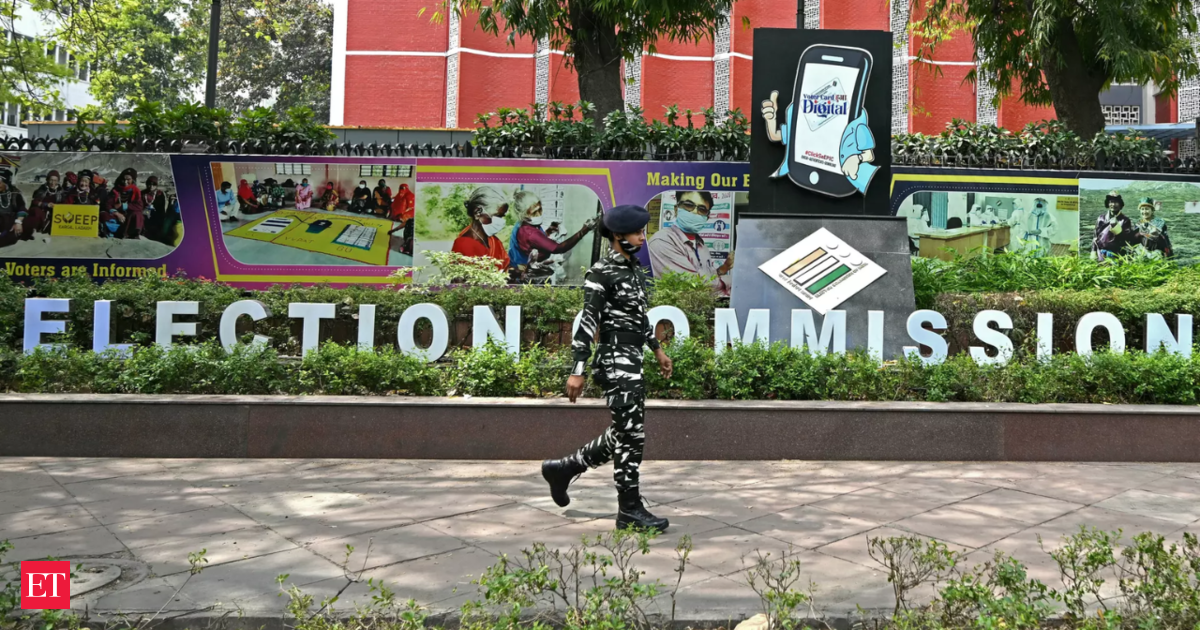The Election Commission of India (EC) has requested X to remove a video by the Bharatiya Janata Party (BJP) in Karnataka that targets Muslims. The video, which has been circulating on social media, has received criticism for its content, which is deemed to be inflammatory and divisive during the election season. The EC has deemed the video as a violation of the Model Code of Conduct, which prohibits the promotion of hatred or enmity between different communities on grounds of religion, race, caste, community, or language.
In its notice to X, the EC has stated that the video violates provisions of the Representation of the People Act, 1951 and the guidelines issued by the Supreme Court of India in the past. The video allegedly portrays Muslims in a negative light and seeks to create an atmosphere of fear and hatred.
The EC has directed X to immediately remove the video from all platforms and submit a compliance report within 24 hours. Failure to comply with the EC’s directive may result in legal action against X and the party responsible for the video.
This development comes at a time when the state of Karnataka is preparing for the upcoming Lok Sabha elections. The EC has been actively monitoring electoral campaigns to ensure fairness and to prevent the dissemination of content that could incite violence or hatred.
The issue of hate speech and divisive campaigning has been a concern in recent elections in India, prompting the EC to take strict action against offenders. The EC has the authority to curb hate speech and promote a level playing field for all political parties.
In response to the EC’s notice, X has stated that it will comply with the directive and take down the video immediately. The party has also assured that it will take necessary steps to ensure that such incidents do not recur in the future.
The EC’s intervention in this matter sends a strong message about its commitment to maintaining a fair and peaceful electoral process. By taking prompt action against hate speech and divisive content, the EC aims to create an environment where voters can make informed decisions based on policies and ideas, rather than on communal or divisive rhetoric.











